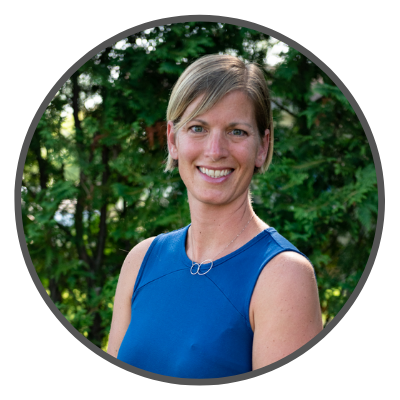|
Sometimes members of my book circles ask me if I can do more than just book circles. They ask me if I can do something with their team that doesn't include reading a book.
My answer: "Of course. What do you have in mind?" Earlier this week, I met with a team of 15 - some of whom had been part of the team for a while, and 6 of them were brand new. I didn't want to do some gimmicking, team building workshop, and decided to focus on CONNECTION - my go-to in most instances. The team leaded trust me and essentially gave me a blank slate to create. Of course, I used books as my inspiration.
0 Comments
Most of us know of the eugenic practices of the Nazis during World War 2.
The murder and attempted murder of an entire group of people The sterilization of those with disabilities or other "undesirable" traits. Yet, it's not just the Nazis who engaged in such negative eugenic practices. Between 2006 and 2010, forced sterilizations happened in two California state prisons (source, Corey G. Johnson). There are several possible reasons that they decided to do so. I have books all around my desk.
On the shelves next to my desk. In two crates attached to the wall behind my desk. On the windowsill in front of my computer. And a getting-larger vertical stack on the right corner. Last night, I picked up Wanderful at the bottom of this last stack. And I couldn't put it down. There is no school on Wednesdays for elementary aged children here in France.
Yet, my husband and I still work. We lovingly pawn off our children to friends for the morning, and they head to various sports in the afternoon. This Wednesday, my daughter had the joy of going shopping with her best friend and her mom in the morning. When she got home, though, she said she was too sick to go to horse-riding in the afternoon. If you know anything about horse-riding, it's not cheap. In a quick search for "tips on communication better" I came across a Forbes article with these 8 tips:
Tonight, I am going to be working with a group of 20 women around the topic of "Communication with Power" as part of our exploration of the book Playing Big by Tara Mohr. I am a loud talker.
And a quick one. If I look back on my childhood, I realize that my desire to be heard is directly connected to my family make-up. I am the youngest child in a large family, so in order to be heard, you had to speak up. Yet, speaking up could also be risky, especially with my two older brothers who weren't shy about making jokes about whatever you said. There is a saying in French - "Loin des yeux, loin du coeur", which literally means, "Far from the eyes, far from the heart."
When I left the field of traditional education, and moved to a small village in France, it seemed that my heart toward social justice dwindled. I was no longer interacting with the same social justice challenges on a daily basis, and when it's not regularly present in your mind, it can often feel like it's not a problem at all. There have been highs and lows over the years when my passion was re-kindled, but nothing constant. Then I met Maha Bali, and became part of their annual MyFest program. Being a part of this community won't allow me social justice passions to fade away. Two days ago, I agreed to do something I have never done before.
I don't know if it will actually happen, but it sure does fill me with a jolt of energy and electricity at the possibility. I have never been one to figuratively or literally shy away from a leap. And I recognize that I may be an anomaly in that regard. This week seems to be all about the courage to take a leap -- both for me personally, and for those in my book circles. Over yet another holiday weekend here in France, our family and another family rented a house a couple of hours away to enjoy each other's company and a different landscape.
On Friday, we took a boat ride to a small island, where the only means of exploration is either on foot, or on two wheels. We opted for the 2 wheel exploration. We rented 8 bikes, and headed off on our exploration of the beaches and ruined forts. Before we left, I wondered how our daughter would do. |
Hi there!I am Theresa Destrebecq. |








 RSS Feed
RSS Feed